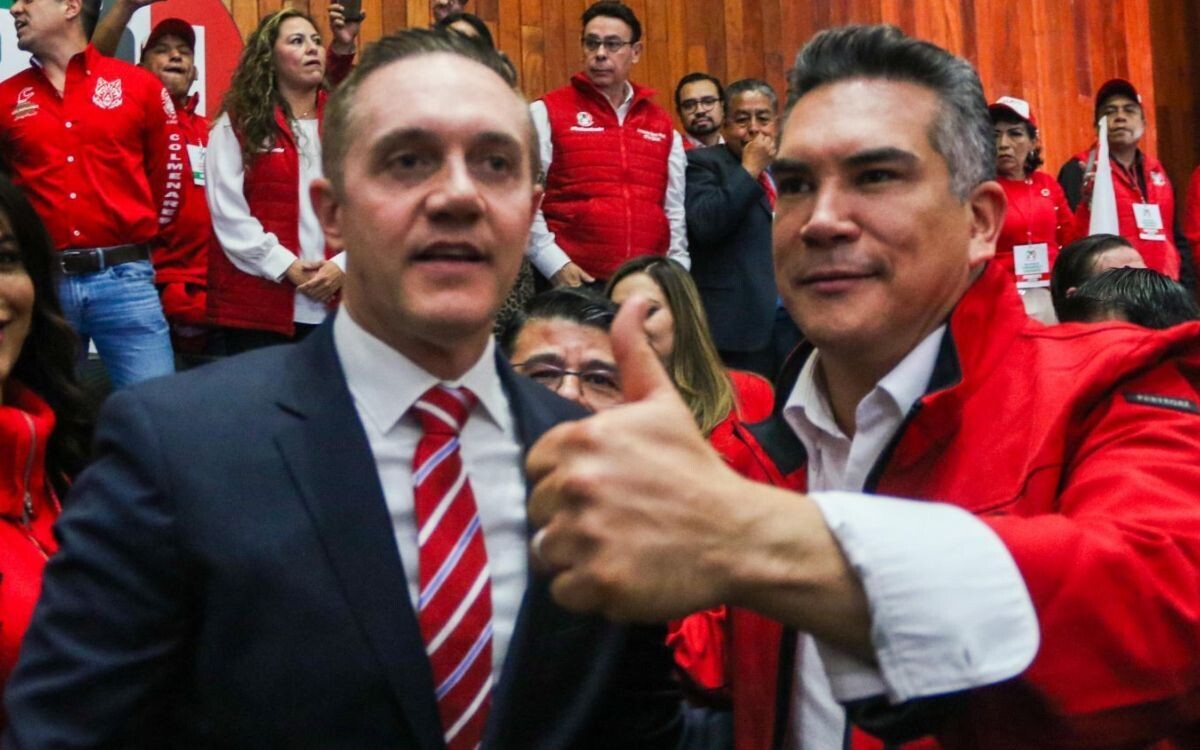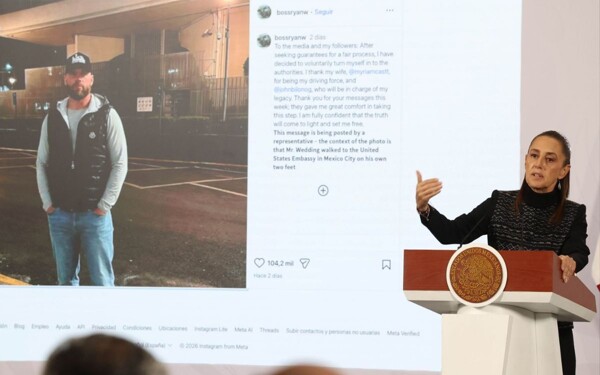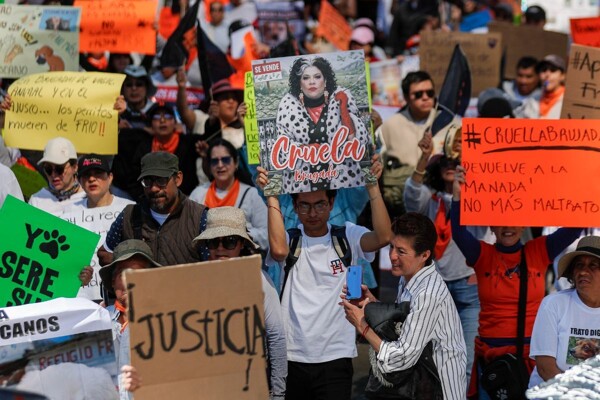
President Claudia Sheinbaum supported on Wednesday during the morning briefing the appointment of Adrián Rubalcava Suárez as the new General Director of the Collective Transportation System Metro of Mexico City, following the irrevocable resignation of Guillermo Calderón Aguilera from the position. Triggering criticism for having belonged to the PRI for years, a party harshly criticized by the movement to which the president belongs, Sheinbaum emphasized that evaluation should be made by 'different moments,' recalling that Rubalcava decided to 'separate from the PRI' and join the Fourth Transformation. In light of these statements, the president deemed it important to give him the opportunity to perform well at the Metro and that criticisms should come after he carries out his duties.
The head of government, Clara Brugada, officially confirmed the change and tasked Rubalcava with continuing the modernization and renewal efforts of the Metro, considered strategic for mobility in the capital. However, Adrián Rubalcava's history is marked by serious accusations that have accompanied his public career, including the creation of a network dedicated to harassment and discrediting campaigns against journalists and politicians, as well as threats and political violence.
In 2015, investigations by the Federal Police and the Special Prosecutor's Office for the Attention of Crimes Committed Against Freedom of Expression (FEADLE) linked Rubalcava to an alleged network dedicated to harassment and discrediting campaigns against journalists, media outlets, and politicians from various parties. According to journalistic investigations, the network was operated together with Juan Carlos Zaragoza Ríos, then an employee of Televisa, and other close collaborators of Rubalcava. In some cases, attempts to fabricate serious accusations were documented, such as the social media campaign that falsely accused journalist Alejandro Páez of pedophilia.
Organizations like ARTICLE 19 denounced that these actions constitute a violation of freedom of expression and demanded the intervention of the Human Rights Commission of the Federal District and the PGR to investigate possible crimes and responsibilities. The intimidation and defamation campaigns affected media outlets such as SinEmbargo and Aristegui Noticias, as well as journalists like Francisco Zea.













